New research from astronomers at the University of Washington uses the intriguing TRAPPIST-1 planetary system as a kind of laboratory
Continue reading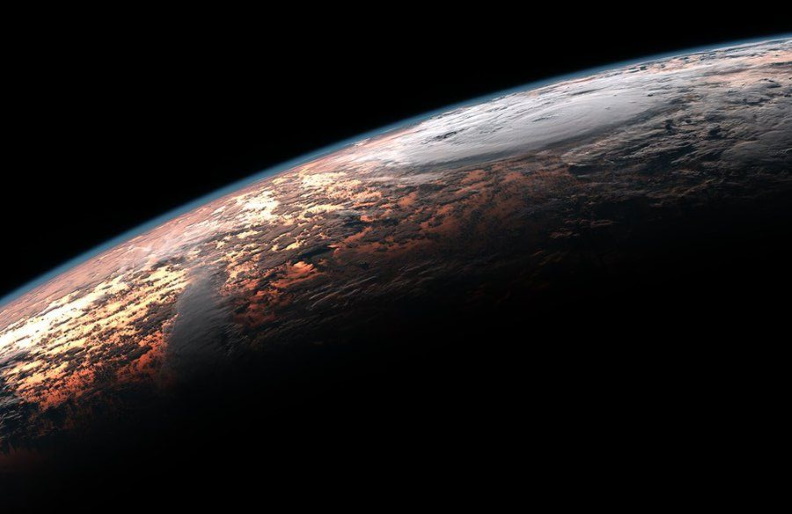

New research from astronomers at the University of Washington uses the intriguing TRAPPIST-1 planetary system as a kind of laboratory
Continue reading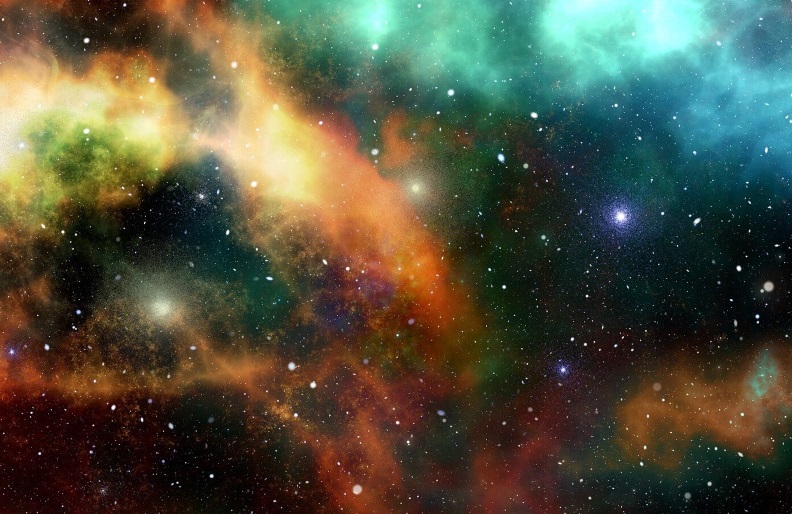
Neutron stars are not only the most dense objects in the Universe, but they rotate very fast and regularly. Until
Continue reading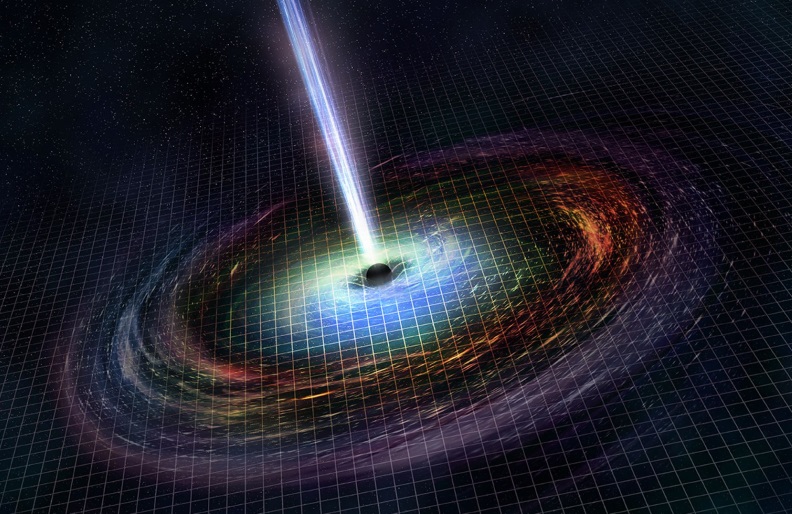
The Hubble Space Telescope is like an old dog that is constantly teaching the astronomical community new tricks. In the
Continue reading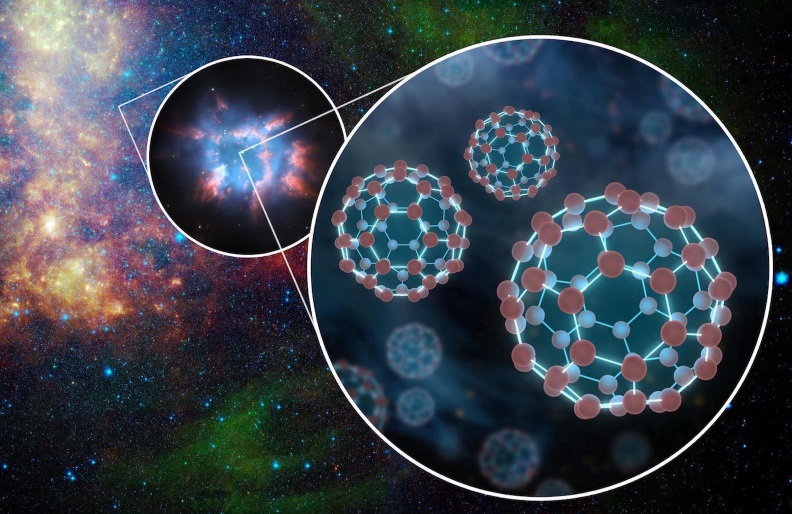
Astrophysicists know that iron (chemical symbol: Fe) is one of the most abundant elements in the universe, after lightweight elements
Continue reading
If you look around space, you’ll notice a lot of things — the planets, stars, moons, even the galaxy itself
Continue reading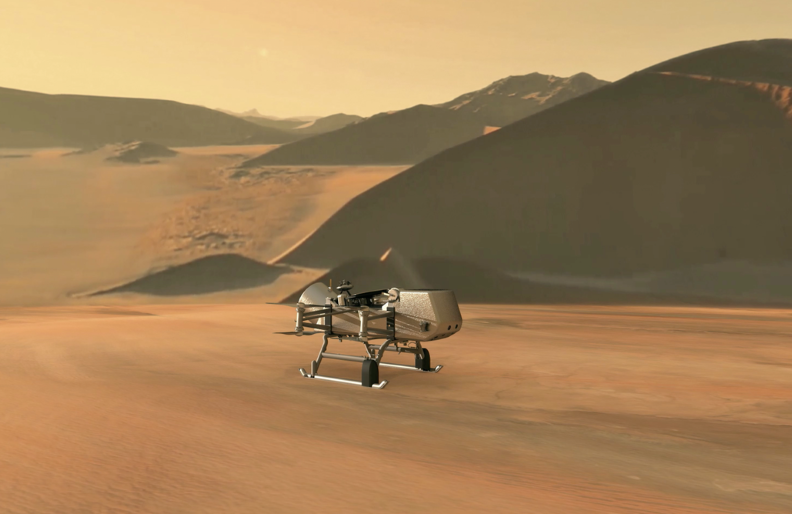
Flying on other worlds is the next leap in the exploration of our solar system. The Mars Helicopter will piggyback
Continue reading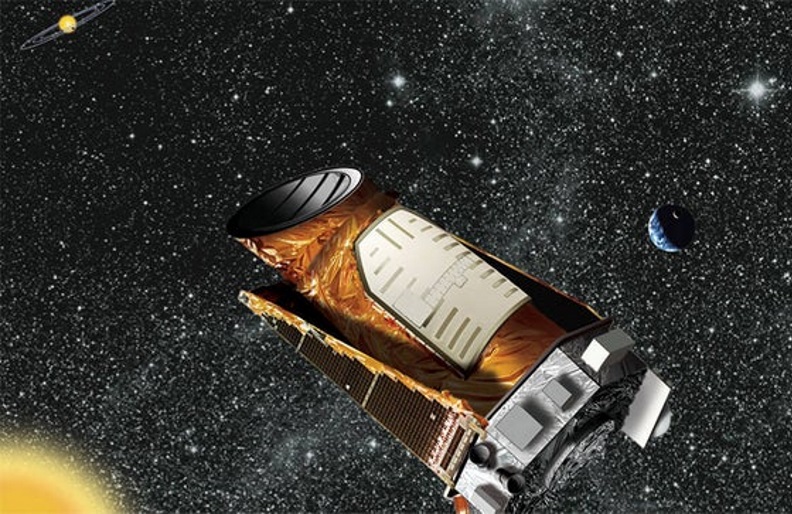
Here in this isolated corner of the Milky Way, our Earth-bound human lives might seem tiny and parochial on a
Continue reading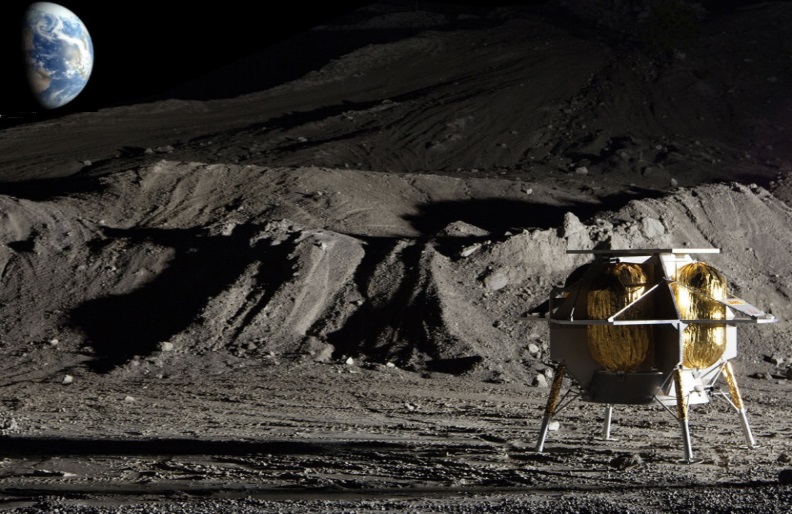
With the Artemis mission scheduled to put boots on lunar regolith as soon as 2024, NASA has a lot of
Continue reading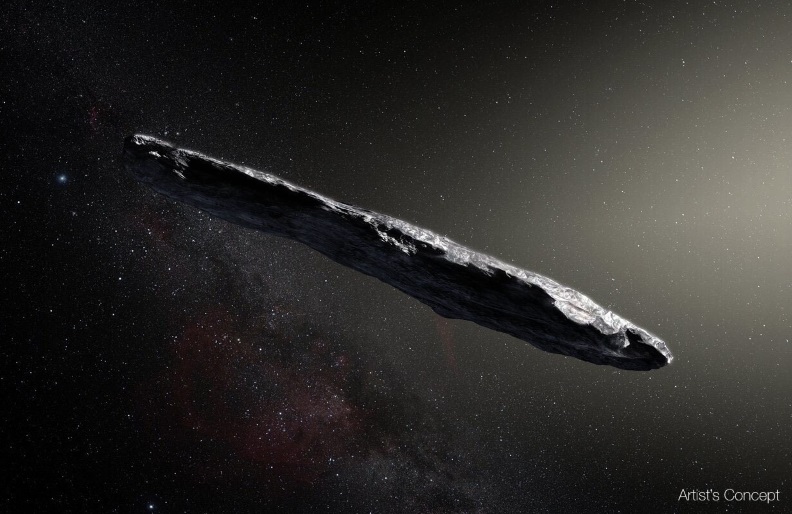
On October 19, 2017, astronomers discovered the first known interstellar object to visit our solar system. First spotted by the
Continue reading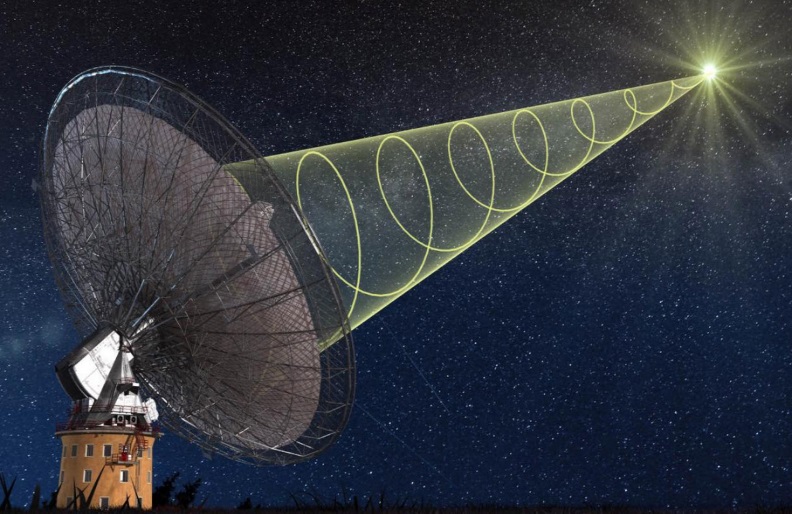
A huge one-off burst of mysterious cosmic radio waves has been precisely located to a galaxy 3.6 billion light years away. The powerful shiver of
Continue reading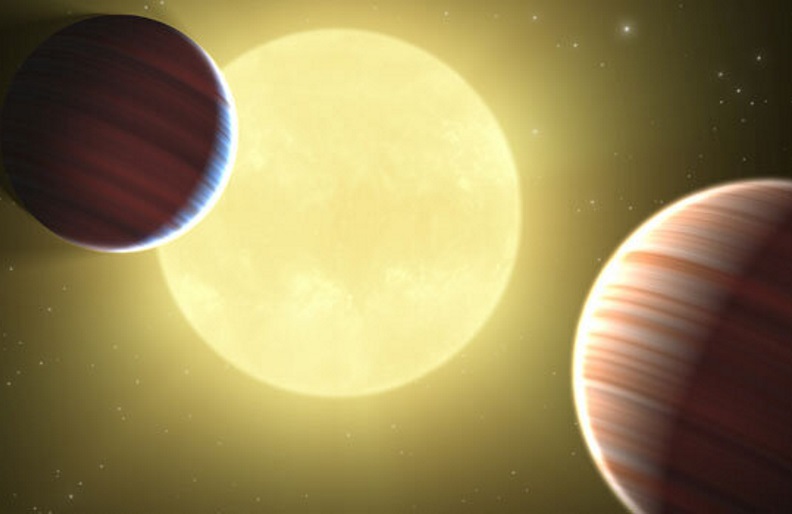
The Kepler mission and its extension, called K2, discovered thousands of exoplanets. It detected them using the transit technique, measuring
Continue reading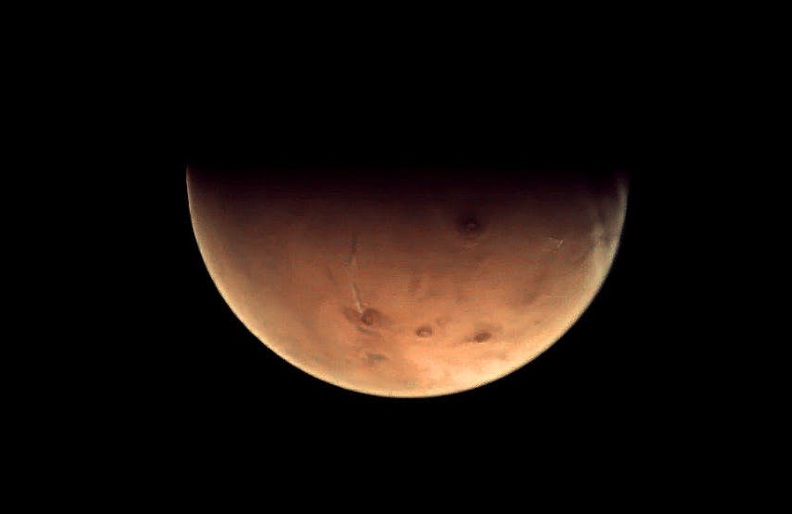
Martian clouds could have an alien origin, according to a newly-published paper. The study suggests that mid-level clouds form above
Continue reading